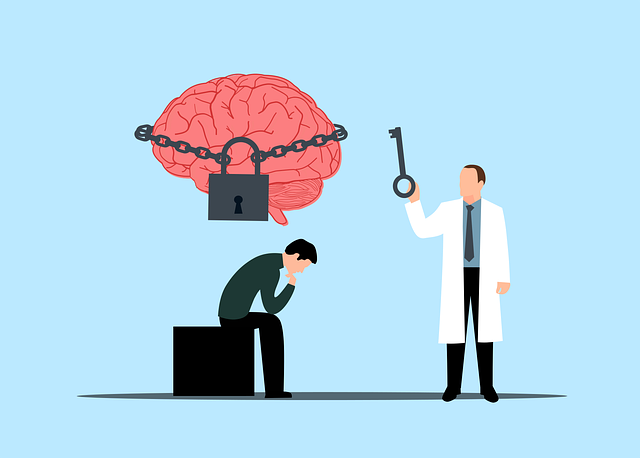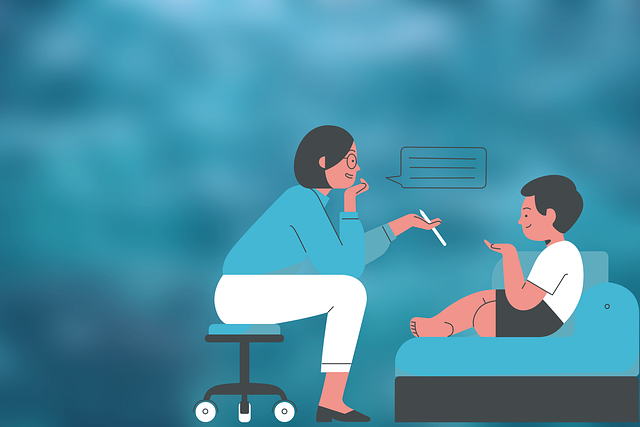What Can I Do with My PhD in Psychology: 10 Job Options for You
Introduction to PhD in Psychology Career Options
A PhD in psychology can open doors to a wide range of career opportunities and higher pay. With this advanced degree, students can pursue various career paths, including clinical practice, research, education, and applied psychology. Deciding which path is suited to your needs, interests, and educational background requires careful consideration and research.
A PhD in psychology is often a requirement for many high-level positions in the field. It allows individuals to specialize in areas such as clinical psychology, counseling psychology, forensic psychology, industrial-organizational psychology, and more. This guide explores ten job options available to those with a PhD in psychology, providing insights into the roles, requirements, and work environments.

Exploring Career Paths in Psychology
Before diving into specific job options, it’s essential to consider your career goals and preferences. Think about how long you’re willing to continue your education, where you envision yourself working, and which areas of psychology interest you the most, such as mental health, research, or education. Common areas of employment include education, business, healthcare, and government.
Jobs in Mental Health
Clinical Psychologists

Clinical psychologists assess, diagnose, and treat individuals experiencing mental or emotional health issues. They often work in hospitals, counseling centers, schools, health clinics, or private practice. Clinical psychologists may treat people experiencing a range of mental health conditions, from anxiety and depression to severe mental illnesses. A PhD in psychology is often required for these roles, though some positions may accept a master’s degree with supervised clinical hours.
Example: A clinical psychologist might work in a hospital setting, providing therapy to patients with severe mental illnesses, or in private practice, helping clients cope with anxiety and depression.
Mental Health Counselors

Mental health counselors have many of the same job duties as clinical psychologists but tend to focus more on helping individuals overcome issues affecting their daily lives. Educational requirements can vary, but mental health counselors must have a minimum of a master’s degree in psychology, counseling, or education. They may work in hospitals, counseling centers, schools, health clinics, or private practice.
Example: A mental health counselor might work in a school, helping students manage stress and anxiety, or in a community health center, providing support for individuals dealing with substance abuse issues.
Jobs in Educational Settings
School Psychologists

School psychologists assess, diagnose, and treat children experiencing behavioral, emotional, or academic problems. They may also recommend treatments or work with parents, teachers, and others to help children overcome problems and achieve goals. All states have differing requirements, but most require a minimum of a master’s degree in school psychology. School psychologists may work in schools, hospitals, counseling centers, or private practice.
Example: A school psychologist might work in an elementary school, providing assessments and interventions for students with learning disabilities, or in a high school, helping students cope with emotional and behavioral issues.
Educational Psychologists

Educational psychology is the branch of psychology concerned with schools, teaching psychology, educational issues, and student concerns. Educational psychologists often study how students learn or work directly with students, parents, teachers, and administrators to improve student outcomes. To become an educational psychologist, you will need at least a master’s degree, although many states require a doctorate to practice as a licensed psychologist. Educational psychologists may work in schools, universities, or research institutions.
Example: An educational psychologist might conduct research on effective teaching methods or work with a university to develop programs that support student learning and retention.
Jobs in Applied Psychology
Forensic Psychologists

Forensic psychology involves applying psychology to the field of criminal investigation and law. Forensic psychologists typically have a master’s in forensic psychology at the minimum, but many hold a PhD in clinical or counseling psychology. They may work in various settings, including family courts, drug courts, criminal courts, or private consulting. Forensic psychologists work with law enforcement agencies, courts, or private companies, applying psychological principles to legal issues.
Example: A forensic psychologist might work with a criminal court to assess the mental state of defendants or provide expert testimony in cases involving psychological issues.
Industrial-Organizational Psychologists

Industrial-organizational psychologists study workplace behavior and ergonomics, often working to increase productivity or efficiency. I-O psychologists perform a variety of functions, including hiring qualified employees, conducting tests, designing products, creating training courses, and performing research on different aspects of the workplace. I-O psychologists generally need a minimum of a master’s degree, though opportunities and pay are better with a PhD in psychology. They may work in industries such as manufacturing, healthcare, or finance.
Example: An industrial-organizational psychologist might work with a large corporation to develop employee training programs or conduct research on workplace motivation and satisfaction.
Human Factors Psychologists

Human factor is an area of psychology that focuses on a range of different topics, including ergonomics, workplace safety, human error, product design, human capability, and human-computer interaction. Human factors psychologists explore the ways that people interact with products and environments. They help design interfaces that are easy to understand to maximize productivity and safety. Human factors psychologists may work in industries such as manufacturing, healthcare, or technology.
Example: A human factors psychologist might work with a tech company to design user-friendly software interfaces or with a manufacturing firm to improve workplace safety protocols.
Jobs in Research and Academia
Research Psychologists

Research psychologists conduct studies and gather data to better understand human behavior and mental processes. They often work in universities, research institutions, or government agencies. Research psychologists may specialize in areas such as cognitive psychology, developmental psychology, or social psychology. They conduct research, publish findings, and contribute to the scientific understanding of psychological principles.
Example: A research psychologist might conduct studies on memory and cognition, working in a university lab to explore how people learn and retain information.
Academic Psychologists

Academic psychologists teach and conduct research at universities and colleges. They often specialize in areas such as counseling psychology, clinical psychology, or educational psychology. Academic psychologists may work in academia, research institutions, or government agencies. They teach undergraduate and graduate students, conduct research, and publish scholarly articles.
Example: An academic psychologist might teach courses in developmental psychology and conduct research on child development, publishing findings in academic journals and presenting at conferences.
Alternative Career Options
Consulting Psychologists

Consulting psychologists conduct individual assessments, provide group consultations, and help organizations through their knowledge of psychology. They may create psychological assessments for hiring employees, advise executives on organizational change, or consult on organizational issues. Consulting psychologists work in various settings, including private practice, hospitals, and clinics.
Example: A consulting psychologist might work with a company to develop assessment tools for employee selection or provide executive coaching to improve leadership skills.
Neuropsychologists

Neuropsychologists examine how the brain influences behavior. They study memory, perception, and behavior, along with the effects of injury on the brain. Some neuropsychologists assist patients in figuring out long-term care. Neuropsychologists work in research and development or at hospitals or universities.
Example: A neuropsychologist might work in a hospital, assessing patients with traumatic brain injury and developing rehabilitation plans, or conduct research on neurological disorders at a university.

Health Psychologists

Health psychologists work to understand how biological, psychological, and social factors affect health and wellness. They may study how people react to illness and create plans with other healthcare professionals to improve recovery times. Health psychologists work in hospitals, clinics, and private practice. They assess, diagnose, and treat patients with mental health issues related to health.
Example: A health psychologist might work in a hospital setting, helping patients manage chronic pain through psychological interventions or conduct research on the impact of stress on physical health.
Conclusion
A PhD in psychology offers numerous career paths, allowing individuals to specialize in areas that align with their interests and skills. Whether you are interested in clinical practice, research, education, or applied psychology, there are many opportunities to use your advanced degree to make a meaningful impact.
By understanding the various roles and requirements, you can make informed decisions about your career path and take steps to achieve your professional goals. The journey to finding the right career may be challenging, but with perseverance and a proactive approach, you can build a fulfilling career that aligns with your passions and expertise.
Additional Tips for Psychology Graduates
1. Stay Updated with Industry Trends: Keeping up with the latest trends and developments in psychology can give you a competitive edge in the job market. 2. Build an Online Presence: Creating a professional profile on platforms like LinkedIn can help you connect with potential employers and showcase your expertise. 3. Consider Short-Term Projects: Freelance projects or consulting work can provide valuable experience and help you transition smoothly into a new career path. 4. Seek Funding Opportunities: Applying for grants and funding can support your research projects and enhance your academic CV, making you a more attractive candidate for academic positions. 5. Develop Soft Skills: Communication, teamwork, and leadership skills are crucial in any career.
In conclusion, with a PhD in psychology, the career possibilities are vast and varied. By exploring different paths, building your skills, and staying proactive in your career development, you can find a rewarding and impactful role in the field of psychology.







